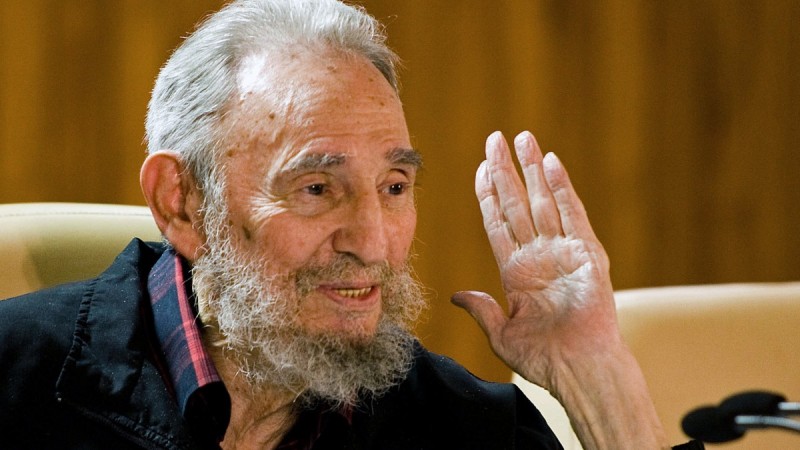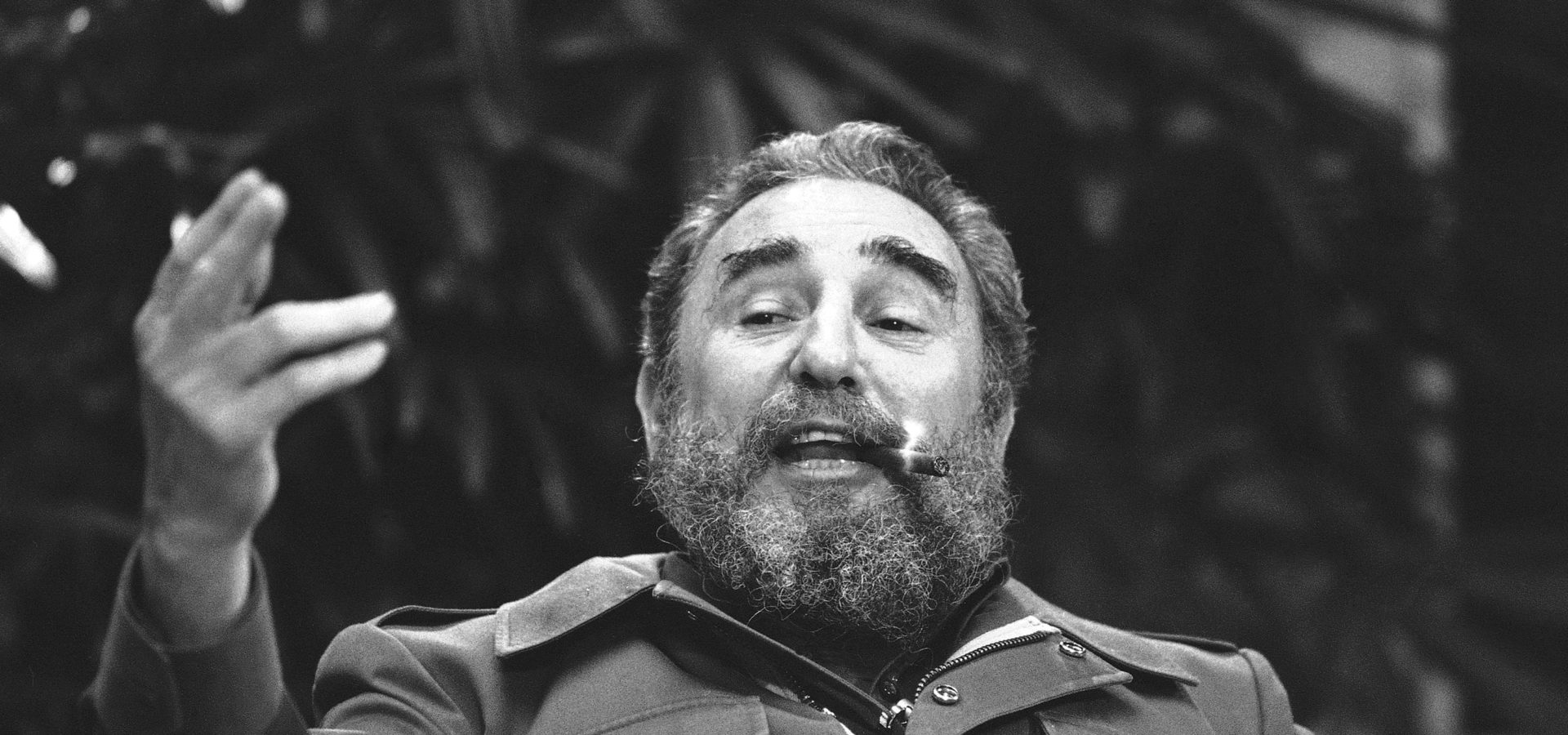
Former Cuban President Fidel Castro had a few things to say about U.S. President Barack Obama’s recent visit to his island nation, writing in the state-run newspaper Granma on Monday, “We don’t need the empire to give us anything.”
The column, entitled “Brother Obama,” takes aim at statements made by Obama during hishistoric visit to Cuba last week.
“I have come here to bury the last remnant of the Cold War in the Americas,” the U.S. president said during a speech at Havana’s Grand Theater. “I have come here to extend the hand of friendship to the Cuban people.”
In the column, Castro offered alternative versions for some of the historic anecdotes that Obama recounted during his address—which the Communist leader referred to as “a deluge of concepts entirely novel for the majority of us.”
“My modest suggestion,” writes Castro, who did not visit with Obama during the trip, “is that he reflects and doesn’t try to develop theories about Cuban politics.”
Castro recounts half a century of U.S. aggression, including the 1961 Bay of Pigs invasion, which he describes as “a mercenary force with armored artillery and infantry, backed by aircraft, trained and accompanied by U.S. warships and aircraft carriers, attacked our country by surprise.” He adds, “Nothing can justify that perfidious attack which cost our country hundreds of losses, including deaths and injuries.”
Responding to Obama’s statement that Cuba and the U.S. both supported the effort to end apartheid in South Africa, Castro counters that “Reagan and Israel” were responsible for bringing nuclear weapons to “racist South Africa.”
At one point, Obama compared the two nations, telling the Cuban people, “We both live in a new world, colonized by Europeans. Cuba, like the United States, was built in part by slaves brought here from Africa. Like the United States, the Cuban people can trace their heritage to both slaves and slave-owners.”
Castro rebuked that statement, saying that “the native populations don’t exist at all in Obama’s mind,” and credits the Communist revolution with “[sweeping] away racial discriminations…before Mr. Barack Obama was 10 years old.”
Castro warns against the likely tide of tourism, which is expected to rise under the new diplomatic agreements, saying it “in large part, consists of viewing the delights of our landscapes and tasting exquisite delicacies from our seas, and is always shared with the private capital of large foreign corporations, whose earnings, if they don’t reach billions of dollars, are not worthy of any attention whatsoever.”
“Obama made a speech in which he uses the most sweetened words to express: ‘It is time, now, to forget the past, leave the past behind,'” writes the aging Cuban leader. But, he adds, after half a century of U.S. efforts to overthrow Cuba’s Communist leadership, “I suppose all of us were at risk of a heart attack upon hearing these words from the President of the United States.”
“After a ruthless blockade that has lasted almost 60 years, and what about those who have died in the mercenary attacks on Cuban ships and ports, an airliner full of passengers blown up in midair, mercenary invasions, multiple acts of violence and coercion?” he continues. “Nobody should be under the illusion that the people of this dignified and selfless country will renounce the glory, the rights, or the spiritual wealth they have gained with the development of education, science and culture.”
Promising “legal and peaceful” efforts, Castro concludes that the Cuban people “are capable of producing the food and material riches we need with the efforts and intelligence of our people. We do not need the empire to give us anything.”


